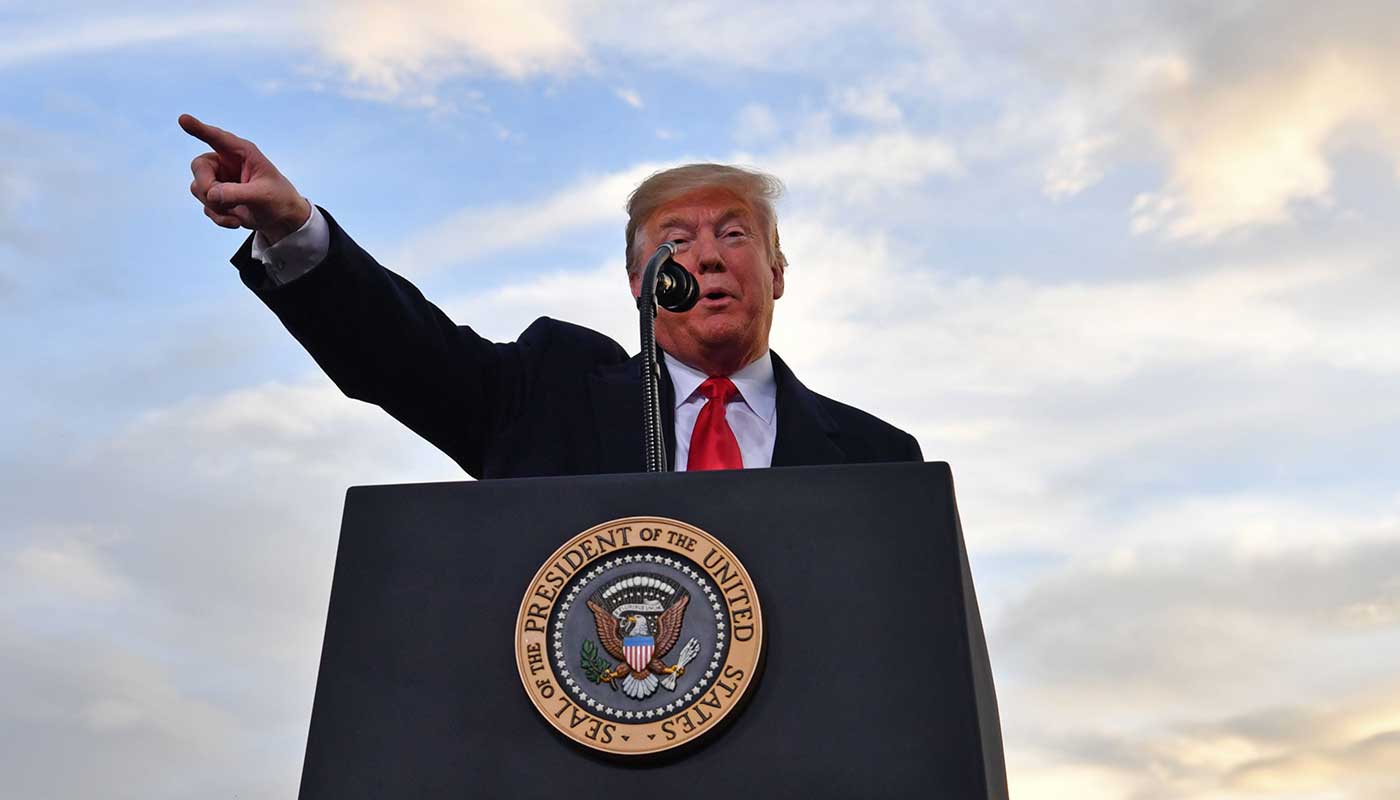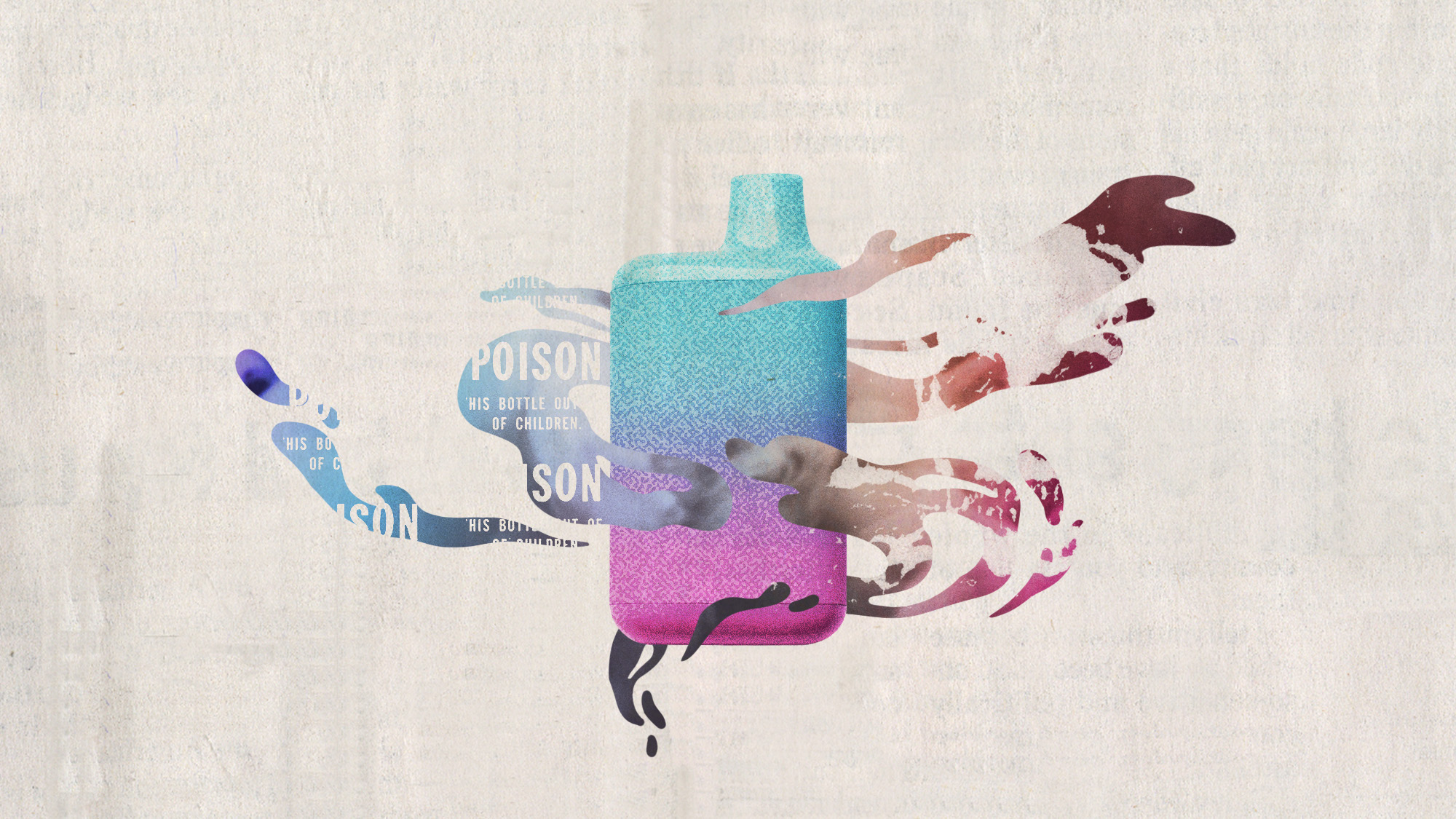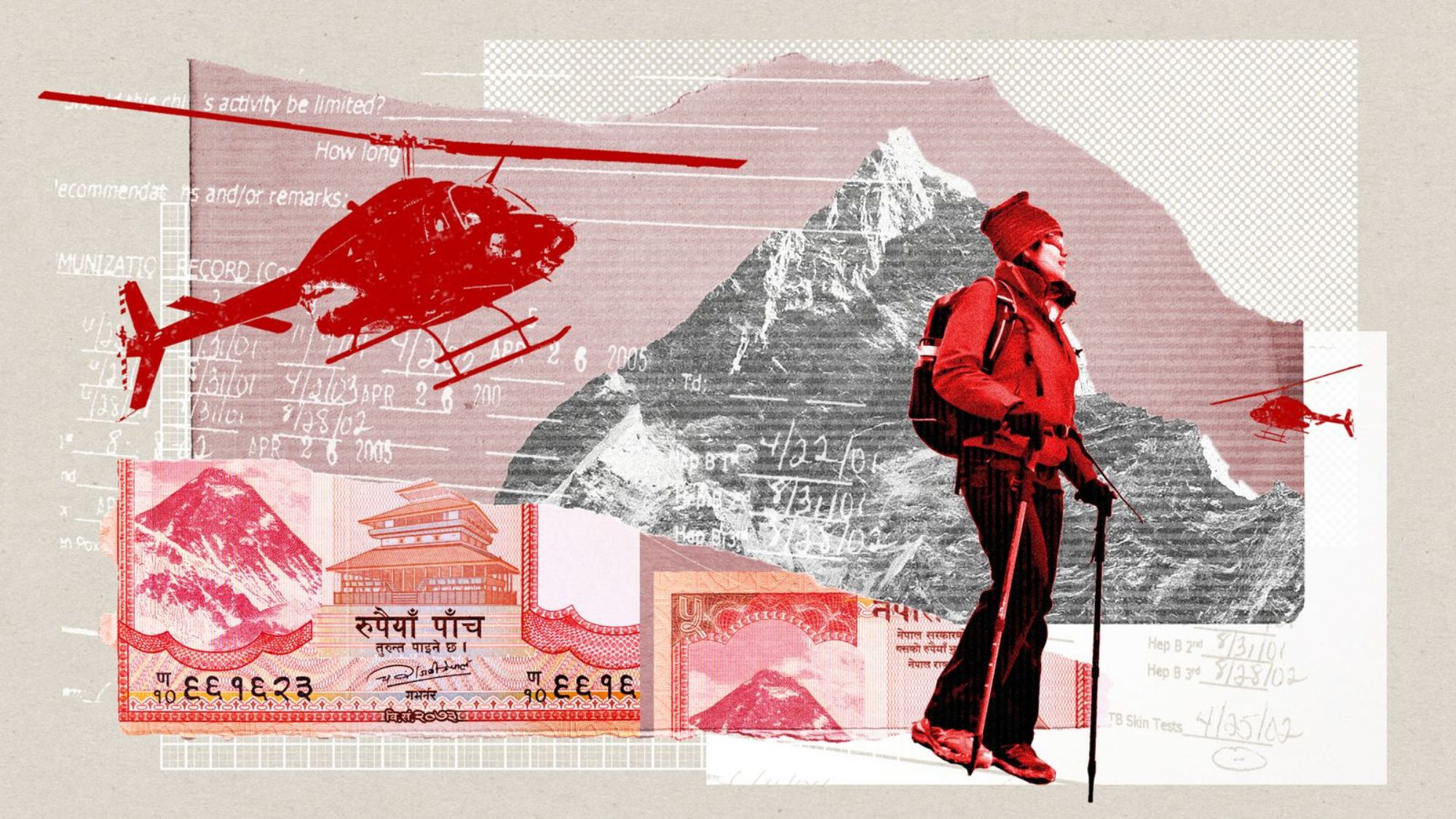US students ‘suffering PTSD symptoms over 2016 election battle’
Study says levels of clinical stress experienced comparable to those of mass shooting witnesses

A free daily email with the biggest news stories of the day – and the best features from TheWeek.com
You are now subscribed
Your newsletter sign-up was successful
The 2016 US presidential election has left one in four university students with symptoms typical of post-traumatic stress disorder (PTSD), according to a new study.
Researchers decided to investigate what effect the contest between Donald Trump and Hillary Clinton might have had on young people after hearing anecdotal reports that indicated an increase in stressed-out students. A total of 769 of Arizona State University psychology students were quizzed shortly after Trump took office, in January 2017, “about their satisfaction with the election, whether they were upset about the outcome and whether the results of the race had affected their close relationships”, reports The Washington Post.
The study found that 25% of the students had been deeply affected by the election outcome and showed levels of stress comparable to those of a mass shooting witness seven months after the event. Women, minority students, non-Christians and Democrats scored highest on the stress scale.
The Week
Escape your echo chamber. Get the facts behind the news, plus analysis from multiple perspectives.

Sign up for The Week's Free Newsletters
From our morning news briefing to a weekly Good News Newsletter, get the best of The Week delivered directly to your inbox.
From our morning news briefing to a weekly Good News Newsletter, get the best of The Week delivered directly to your inbox.
In a paper on the findings, published in the Journal of American College Health, the researchers warn that the students’ stress levels are particularly concerning “because elevated symptoms of event-related stress are predictive of future distress and subsequent PTSD diagnoses”.
“What’s underneath that [stress] is helplessness and fear,” lead study author Melissa Hagan, an assistant professor of psychology at San Francisco State University, told the Post. “Young people can’t stop thinking about it. It interferes with their concentration.”
The presidential election campaign was dominated by debates on race, identity and sexual assault. “Researchers suggested the combination of Trump’s controversial rhetoric and the surprise of his win could have led to the stress spike,” reports The Guardian.
Events shortly after Trump took power such as the Muslim travel ban “really heightened stress for a lot of people”, Hagan added.
A free daily email with the biggest news stories of the day – and the best features from TheWeek.com
The study did not look at the effects of long-term stress symptoms or present a solution to the issue. But heading into the November midterm elections, a significantly larger proportion of US college students are expected to vote, according to a survey conducted in September by universities news site College Reaction.
Of more than 3,600 students polled, 9.54% said they would definitely vote, compared with the 18% voter turnout in 2014.
-
 Rock Villa, Bequia: a hidden villa on an island epitomising Caribbean bliss
Rock Villa, Bequia: a hidden villa on an island epitomising Caribbean blissThe Week Recommends This gorgeous property is the perfect setting to do absolutely nothing – and that’s the best part
-
 Mexico’s vape ban has led to a cartel-controlled black market
Mexico’s vape ban has led to a cartel-controlled black marketUnder the Radar Cartels have expanded their power over the sale of illicit tobacco
-
 Nepal’s fake mountain rescue fraud
Nepal’s fake mountain rescue fraudUnder The Radar Arrests made in alleged $20 million insurance racket
-
 Trump demands $1B from Harvard, deepening feud
Trump demands $1B from Harvard, deepening feudSpeed Read Trump has continually gone after the university during his second term
-
 Trump’s Kennedy Center closure plan draws ire
Trump’s Kennedy Center closure plan draws ireSpeed Read Trump said he will close the center for two years for ‘renovations’
-
 Trump's ‘weaponization czar’ demoted at DOJ
Trump's ‘weaponization czar’ demoted at DOJSpeed Read Ed Martin lost his title as assistant attorney general
-
 Gabbard faces questions on vote raid, secret complaint
Gabbard faces questions on vote raid, secret complaintSpeed Read This comes as Trump has pushed Republicans to ‘take over’ voting
-
 Greenland: The lasting damage of Trump’s tantrum
Greenland: The lasting damage of Trump’s tantrumFeature His desire for Greenland has seemingly faded away
-
 The price of forgiveness
The price of forgivenessFeature Trump’s unprecedented use of pardons has turned clemency into a big business.
-
 Will Peter Mandelson and Andrew testify to US Congress?
Will Peter Mandelson and Andrew testify to US Congress?Today's Big Question Could political pressure overcome legal obstacles and force either man to give evidence over their relationship with Jeffrey Epstein?
-
 The ‘mad king’: has Trump finally lost it?
The ‘mad king’: has Trump finally lost it?Talking Point Rambling speeches, wind turbine obsession, and an ‘unhinged’ letter to Norway’s prime minister have caused concern whether the rest of his term is ‘sustainable’